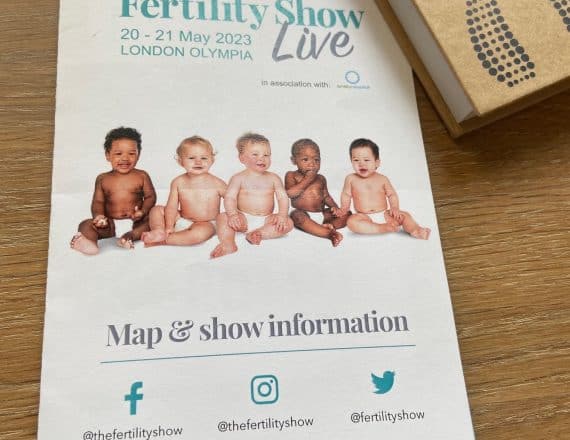
Donor Conception Network’s 30th Anniversary
Louisa Ghevaert was delighted to attend the Donor Conception Network's 30th Anniversary celebration at 1GC Family Law in London on 23 June 2023. The event brought together donor conceived individuals and families, professionals, academics and supporters and highlighted the vital work being done by the Donor Conception Network across the UK.
Read More





